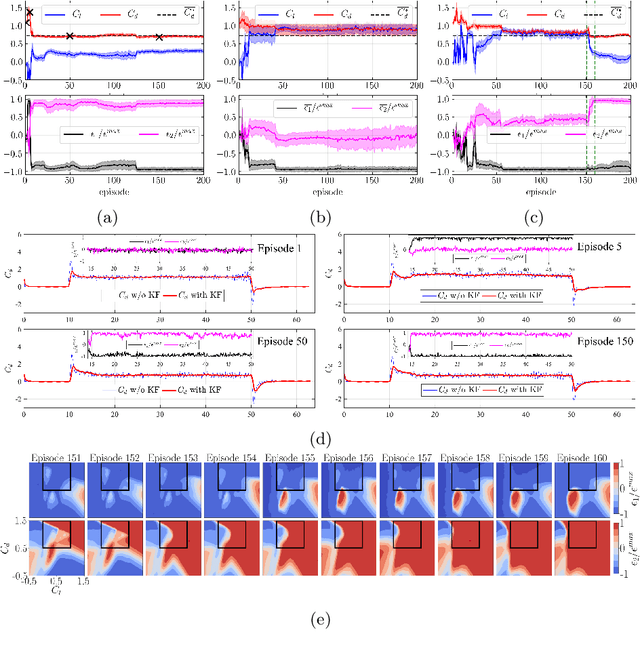Michael S Triantafyllou
DeepVIVONet: Using deep neural operators to optimize sensor locations with application to vortex-induced vibrations
Jan 07, 2025



Abstract:We introduce DeepVIVONet, a new framework for optimal dynamic reconstruction and forecasting of the vortex-induced vibrations (VIV) of a marine riser, using field data. We demonstrate the effectiveness of DeepVIVONet in accurately reconstructing the motion of an off--shore marine riser by using sparse spatio-temporal measurements. We also show the generalization of our model in extrapolating to other flow conditions via transfer learning, underscoring its potential to streamline operational efficiency and enhance predictive accuracy. The trained DeepVIVONet serves as a fast and accurate surrogate model for the marine riser, which we use in an outer--loop optimization algorithm to obtain the optimal locations for placing the sensors. Furthermore, we employ an existing sensor placement method based on proper orthogonal decomposition (POD) to compare with our data-driven approach. We find that that while POD offers a good approach for initial sensor placement, DeepVIVONet's adaptive capabilities yield more precise and cost-effective configurations.
Reinforcement Learning for Active Flow Control in Experiments
Mar 06, 2020



Abstract:We demonstrate experimentally the feasibility of applying reinforcement learning (RL) in flow control problems by automatically discovering active control strategies without any prior knowledge of the flow physics. We consider the turbulent flow past a circular cylinder with the aim of reducing the cylinder drag force or maximizing the power gain efficiency by properly selecting the rotational speed of two small diameter cylinders, parallel to and located downstream of the larger cylinder. Given properly designed rewards and noise reduction techniques, after tens of towing experiments, the RL agent could discover the optimal control strategy, comparable to the optimal static control. While RL has been found to be effective in recent computer flow simulation studies, this is the first time that its effectiveness is demonstrated experimentally, paving the way for exploring new optimal active flow control strategies in complex fluid mechanics applications.
 Add to Chrome
Add to Chrome Add to Firefox
Add to Firefox Add to Edge
Add to Edge